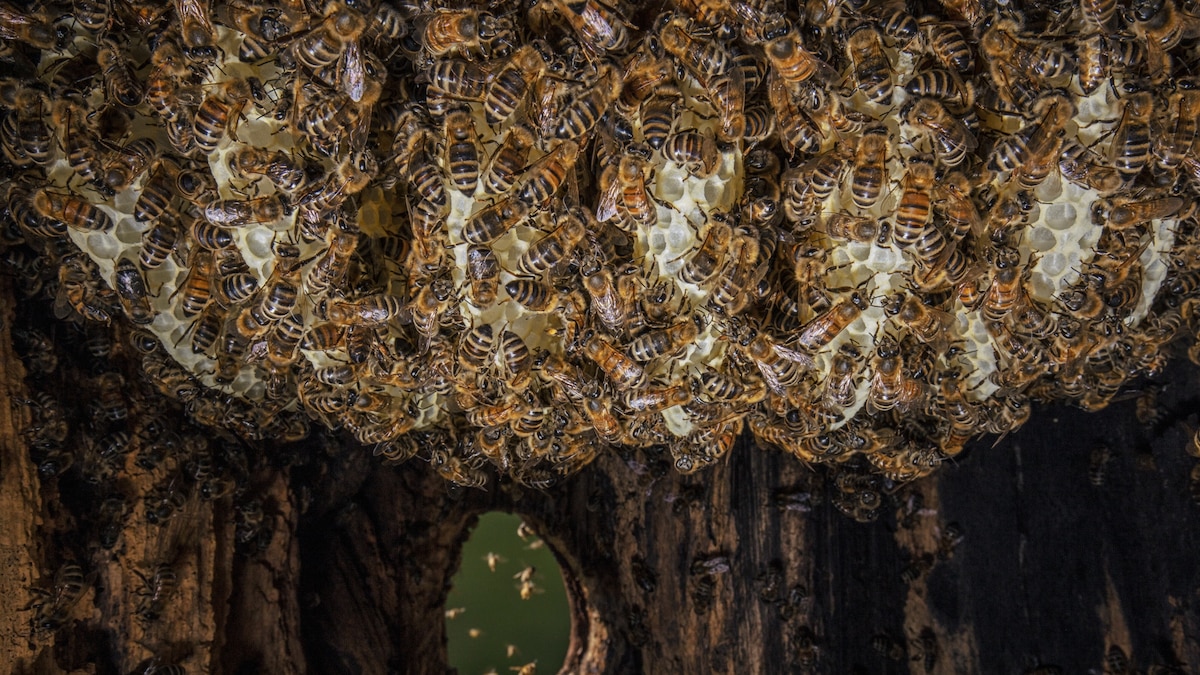Now Reading: Island Experiment Uncovers Bee Conflict
-
01
Island Experiment Uncovers Bee Conflict
Island Experiment Uncovers Bee Conflict

Rapid Summary
- Honeybee hives where introduced on Giannutri Island, Italy, in 2018, but ecologists began studying their ecological impact since 2021.
- Managed honeybees and native wild bees compete for floral nectar and pollen; researchers suspected honeybees were sidelining wild bees.
- Controlled experiments blocked honeybee hive entrances on alternate mornings to observe wild bee behaviors.
- Wild bee populations dropped by nearly 80% after honeybee introduction. During hive closures,nectar volume surged by over 50%,giving wild bees more access and extended feeding times.
- Two key species-Anthophora dispar and Bombus terrestris, native pollinators-were significantly affected due to this competition.
- Ecologists noted that sensitive protected areas with rare or endangered pollinators must avoid introducing managed species like honeybees without full assessments. Tuscan Archipelago National Park has halted beekeeping on the island following these findings.
Indian Opinion Analysis
India’s deep reliance on agriculture makes understanding pollinator dynamics crucial for national food security. This study highlights a global issue: the unintentional consequences of prioritizing one species at the expense of another in fragile ecosystems. with India housing diverse bee populations (both native and domesticated), such practices could potentially threaten indigenous insect biodiversity if left unchecked.
Policymakers may draw lessons from this research about balancing agricultural needs with conservation goals. Strengthened environmental assessments are critical before introducing managed species into ecologically sensitive zones like India’s wildlife reserves or forested regions. This case demonstrates how human intervention can lead to manageable impacts-but only if backed by scientific foresight.

























